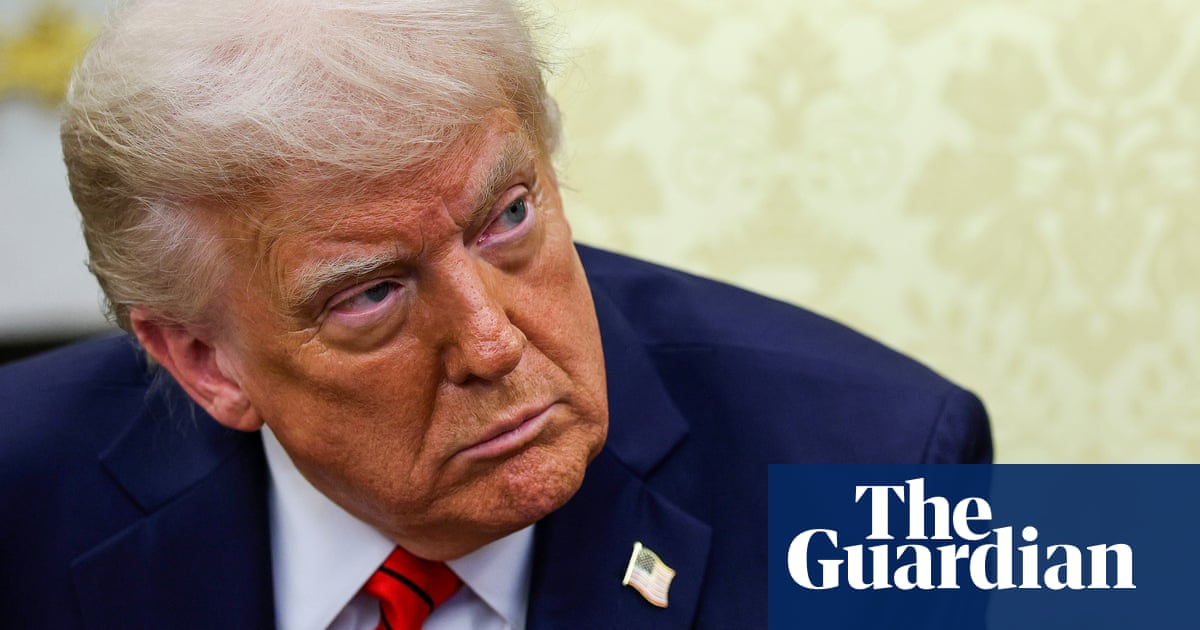
"The portraits were removed to address perceptions of dominance, yet some viewed this as a reactionary reflex rather than justified change."
"The ideological atmosphere has shifted towards a progressive stance, receiving criticism for its perceived conformity, particularly in humanities and social sciences."
"The tumult surrounding diversity statements and institutional pressure illustrates the tension between progressive values and the backlash from those claiming discrimination against white individuals."
"The current political climate at Harvard reflects an intense struggle over the values of diversity and inclusion against accusations of ideological conformity."
In 2018, Harvard removed portraits of distinguished white male doctors to combat perceptions of dominance, eliciting mixed reactions from students and faculty. Some lauded the move as progressive, while others criticized it as impulsive. This decision reflects broader ideological shifts at Harvard, influenced by movements like #MeToo and Black Lives Matter. Critics argue that diversity statements for academic job applicants act as political litmus tests. Amid rising tensions, the Trump administration has pressured Harvard over alleged discrimination against white individuals, highlighting a deepening divide regarding diversity efforts and ideological conformity in academia.
Read at www.theguardian.com
Unable to calculate read time
Collection
[
|
...
]